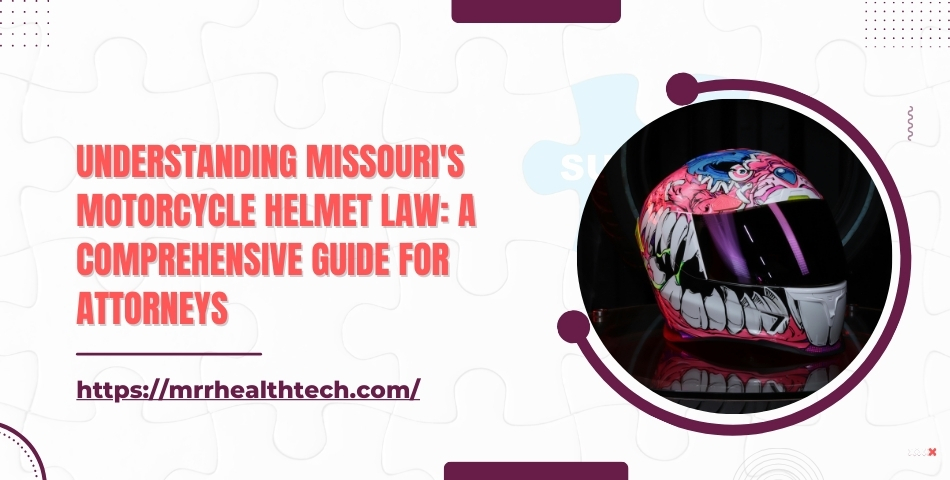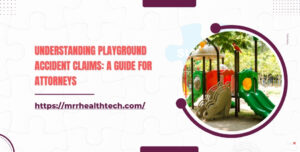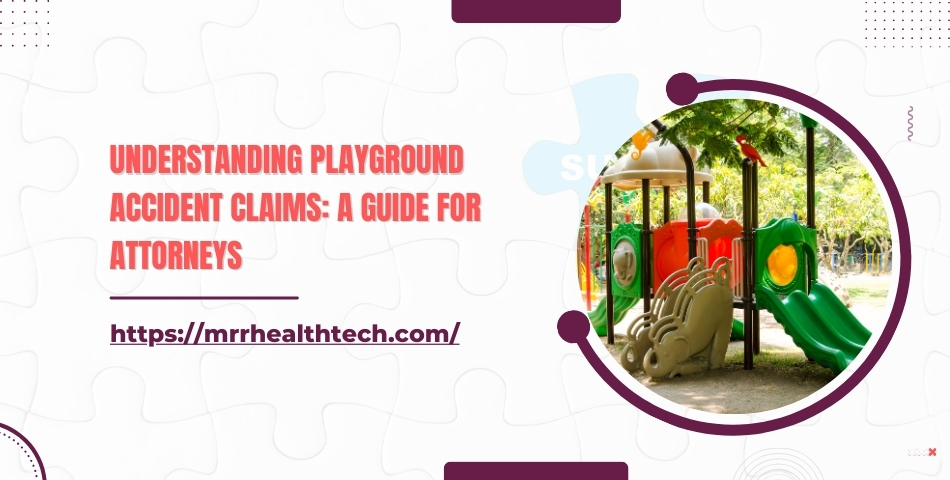
Introduction
Motorcycle riding has become increasingly popular in Missouri; however, it does come with a set of risks with head injuries topping the list. Of crucial importance is the state’s helmet law, both for riders and attorneys dealing with motorcycle accident victims. This article discusses the motorcycle helmet law in Missouri, its implementation, as well as its impact on personal injury lawsuits. We are a medical record review company that services attorneys and helps them prepare strong legal medical arguments by documenting pertinent medical records.
Overview of Missouri’s Helmet Law
1.1 The Current Helmet Law
• According to the RSMo. 302.020(2) is specified that;
• Operators and pillion riders under the age of the 26 need to put on helmets.
• Applicants for instruction permits need to put on helmets, irrespective of age.
• Holders of riders over 26 are exempt from the helmet requirement if they are covered by medical insurance.
1.2 Historical Context
• All motorcycles were required to have helmets in the state of Missouri since 1967.
• The law was changed on 2020 to allow riders over the age of 26 to ride without helmets if they had insurance.
1.3 Statistics on the Use of Helmet and Helmet Safety
• In the year 2021, the Missouri department of transportation reported 104 motorcyclist fatalities with 54 riders not wearing helmets.
•The significance of wearing a helmet is highlighted by the fact that helmets reduce the risk of head injury by 69% and prevent severe injury.
Enforcement of the Helmet Law
2.1 Modes of Enforcement
• Officers are not allowed to stop motorcyclists for not wearing helmets. Citations can only be given during other traffic stops.
• While infractions will lead to fines, there will be no additional points to the driving record.
2.2 Implications for Riders
• Because enforcement is selective, riders may be more inclined to take risks, as there is no active compliance monitoring.
• However, a rider wearing a helmet would still and must be accepted as a necessary safety step whether the law is active or not.
The Effect of Law on Personal Injury Claims Due to Helmet Usage
3.1 The Use of Comparative Fault in Missouri
• In case a rider is found partially at fault for his injuries, for example in case of no helmet, he will have less compensation because Missouri is based on comparative fault system.
• For example, if a jury decides that a rider is found to be 25% at fault, then he would receive 75% of the damages awarded to him.
3.2 The Effect of Helmet Usage on Claims
• Choosing to wear a helmet or not can affect jury decisions and even settlement talks.
• Counsel needs to think through a rider’s decision that can affect their case, particularly from the liability standpoint.
Reviewing Medical Records: An Indispensable Resource for Counsel
4.1 Relevance of Medical Records
• Explicit medical documentation assists in determining the degree of injuries and amount of treatment required.
• They document the injuries received and the effect on the claimant’s life.
4.2 Our Contribution in Assisting Counsel
• We help advocates by checking medical documents to advocate for certain pieces of information related to the case.
• Our input adds value in interpreting the consequences of injuries sustained because of helmet usage and safety in general.
Case Studies
6.1 Case Study 1: John Smith v. XYZ Insurance
• Summary: John Smith is a 25-year-old motorcycle rider. He was involved in an accident while he was not wearing a helmet.
• Challenges: The insurance company maintained that his riding a motorcycle without a helmet was a contributory negligence and a major factor in sustaining injuries.
• Solutions: After reviewing the medical records, we found that he was severely injured and gave a reasonable illustration of how the lack of helmet use exacerbated the injury.
6.2 Case Study 2: Sarah Johnson vs. ABC Transport
• Overview: Riding a motorcycle ABC Transport, Sarah Johnson an identified 30 year old sustaining severe head injuries (even while she was wearing a helmet) alongside other ABC Transport related injuries.
• Challenges: The defense strategy to reduce liability hinged on questioning the overall effectiveness of the plaintiff’s helmet.
• Solutions: The case involved professional explanations on safety regarding helmets, nature of the injuries and emphasized the need of the usage of the helmet for the rider.
Conclusion
Attorneys need to stay up to date on Missouri’s motorcycle helmet law as it relates to injury law because personal injury advocates in the state have to consider the specifics of the law dealing with the use of helmet and claiming injuries. In fact, these details can alter the course of the claim. By having a thorough review of medical records done, lawyers prepare stronger arguments to ensure that victims get warranted support for the injuries inflicted on them.













